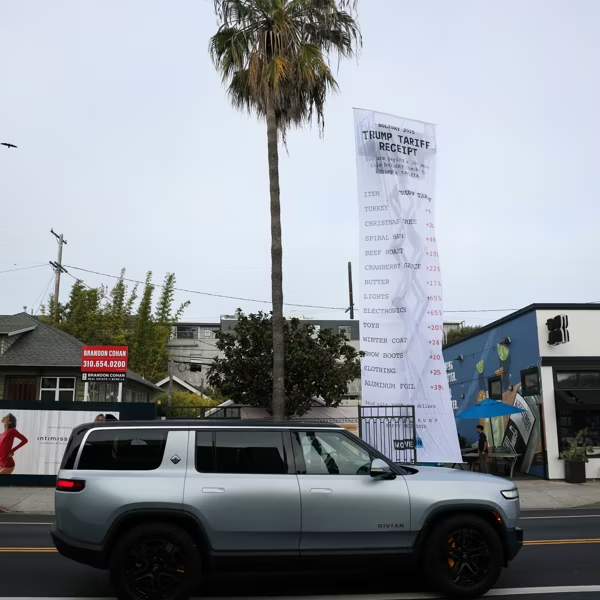Thomas Edsall had a very good piece on divisions in the Democratic Party over trade policy in the NYT this morning. The piece cites a large body of academic research pointing out that U.S. trade policy has played a large role in destroying manufacturing jobs and redistributing income upwards. It notes that this is the basis of the opposition of unions to trade policy, which has caused the overwhelming majority of Democrats in Congress to oppose the Trans-Pacific Partnership (TPP).
However the piece errors in referring to the TPP and U.S. trade policy in general as "free trade." It is absolutely not free trade.
One of the main goals of the TPP is to increase patent and copyright protection. That is protection as in protectionism. These government granted monopolies can increase the price of drugs and other protected items by several thousand percent. This has the same economic impact and leads to the same distortions as tariffs of several thousand percent. Markets do not care if the price of a product is raised due to a tariff or a government granted patent monopoly, it leads to the same distortions.
These trade deals have also done almost nothing to remove the protectionist barriers that make it difficult for foreigners to train to become doctors, dentists, or other professionals and work in the United States. The reasons that these highly paid professions have not seen their salaries hurt by trade is due to the fact that the government has protected them, not that there is some inherent impossibility in Indians training to U.S. standards and becoming doctors in the United States.
Also, a free trade policy would mean pushing for freely floating currencies. This has clearly not been a priority for the Obama administration as our trading partners, most importantly China, have accumulated trillions of dollars of foreign reserves in order to inflate the value of the dollar against their currencies, thereby supporting their large trade surpluses. The Obama administration chose to not even include currency as a topic in the TPP.
It is important to point out that our trade policy is not free trade first because it might lead some to believe that our trade policy involves pursuing some great economic principle. It doesn't. It's about redistributing money to the rich.
Second, it is important because at this point the biggest gains for "everyday people" will actually come from more free trade, not less. It's not realistic to think that the United States will erect tariffs or other barriers that will block the import of manufactured goods from Mexico, China, and other developing countries. It is reasonably to think that we might push for more market based exchange rates, less costly patent and copyright protection, and the elimination of unnecessary professional restrictions that prevent us from having lower cost health care, legal services, and other professional services.



